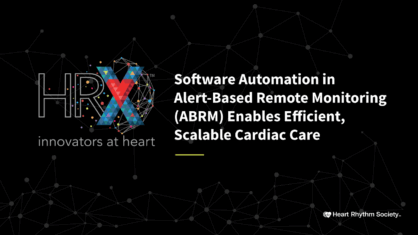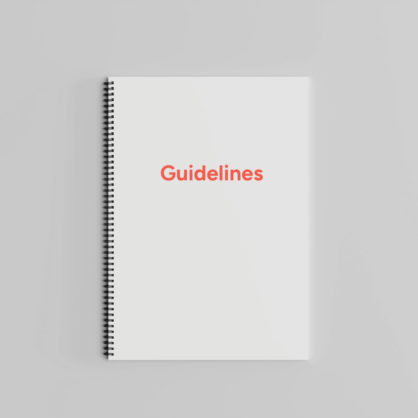Holter Monitors vs. Loop Recorders: A Comparison

Remote cardiac monitoring is an essential tool for diagnosing and managing a variety of heart conditions. It enables healthcare professionals to remotely monitor a patient’s cardiac activity over an extended period, providing valuable data for accurate diagnosis and treatment.
Two devices commonly used for monitoring are Holter monitors and loop recorders. While both devices are designed to capture heart rhythm data, they differ in terms of capabilities and usage.
Whether you’re a healthcare professional or a patient interested in learning more about your care, we can help you with everything you need to compare Holter monitors vs. loop recorders, including unique advantages, applications and more.
What is a Holter monitor?
A Holter monitor is a portable electrocardiogram (ECG) device. It got its name from Dr. Norman Holter, an American biophysicist who was seeking a solution for recording long-term cardiac activity outside of hospital settings in the late 1940s.
These devices are small, portable and battery-operated — meant only to monitor a patient over the course of 24 to 48 hours. A series of electrodes are placed on the chest and connected to the monitor via wires. ECG data is gathered and stored on the device for download and review back at the doctor’s office after the monitoring period.
Because these monitors only look at a snapshot in time, they’re most often used to determine how well medications or devices like pacemakers are working. They give cardiologists insights to help them determine whether further testing or medication adjustment is needed.
What is a loop recorder?
Loop recorders are implantable devices that continuously record a patient’s heartbeat for a period of time up to three years. In order to be implanted subdermally, minor surgery is required for loop recorders to be placed. The recorder is quite small, narrow and only a few inches in length. The surgery itself doesn’t require prep or anesthesia and the only care concerns after implantation are to keep the implantation site clean as it heals.
The loop recorder connects to a monitor that you’ll keep nearby. That monitor sends your heart rate and rhythm data to your care provider throughout the day. A major benefit of the long-term constant monitoring provided by these devices is that they can help diagnose arrhythmias that other tests, like an EKG, cannot detect.
What are the main differences between Holter monitors vs. loop recorders?
First, let’s start with what they have in common: both of these devices are meant for use as remote cardiac monitors. They both take a look at how the heart is behaving and collect that data for analysis.
The main differences when comparing Holter monitors vs. loop recorders are:
- Loop recorders are implanted subdermally while Holter monitors collect data externally via electrodes
- Loop recorders collect data over a period of months to years, while Holter monitors only monitor a 1-2 day snapshot
- Loop recorders share data wirelessly and in real-time, while Holter monitors collect data in a physical device that subsequently is downloaded and analyzed at a cardiac clinic
How do you decide which is best for your remote patient monitoring needs?
When it comes to determining the best use cases for Holter monitors vs. loop recorders, the following needs to be considered:
- Frequency of symptoms. Holter monitors are a viable option for frequent or severe symptoms occurring over a shorter period of time, whereas loop recorders are able to record a patient’s cardiac data over a longer period of time to pick up on more intermittent symptoms.
- Patient’s comfort levels and compliance. A Holter monitor needs to be worn consistently for multiple days. This means keeping the device with you, hooked on your belt or in a pocket. This can be cumbersome for some patients. A loop recorder is implanted so, once it’s in, it’s less obtrusive. However, some patients might be opposed to the need for surgical implantation.
- Diagnostic capabilities. Holter monitors can detect arrhythmias, heart rate variability, and other cardiac abnormalities that occur during the monitoring period. Loop recorders can capture arrhythmias that may not occur during the Holter monitor’s period or for patients with infrequent or intermittent symptoms.
When it comes to comparing Holter monitors vs. loop recorders, it’s clear that both have their unique benefits and use cases. When it comes to deciding the best one for use in your clinic (or your treatment), it’s important to consider your unique needs and how these devices can meet them.
If you’d like to talk to the team at Vector Remote Care about how our remote cardiac monitoring solution helps make the most of monitoring any device you use, you can contact us directly.














